Authorities crack down on botox promotion
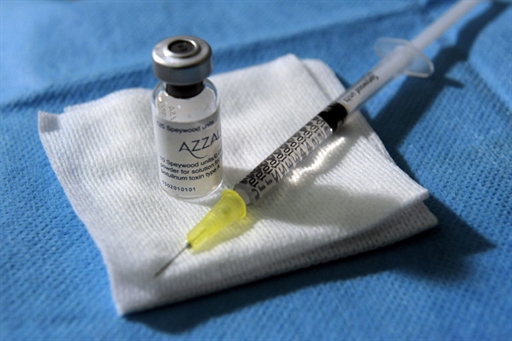
Swiss law prohibits the advertisement of prescription drugs – including botulinum toxin, which is commonly used to smooth wrinkles.
As the Zurich-based NZZ am Sonntag newspaper reported on Sunday, many practices offering botox have been warned to adjust how they describe their services, whether in print ads or online. Clinic homepages must also comply with the law.
The nerve poison was originally created to treat medical conditions like muscle spasms. Clinics offering botox for beauty purposes are not exempt from the advertising regulations.
“Consumer advertising for medication is illegal if the drug is only available by prescription,” according to Article 32 of Swiss federal legislation on medicinal products. Though customers don’t exactly get a prescription for botulinum toxin,
the point is that it has to be administered by a doctor and is not sold over the counter.
The Swiss Agency for Therapeutic Products (Swissmedic) is responsible for checking compliance. Harry Schaller of Body Esthetic in Zurich told the NZZ that he had to adjust his website several times before the authorities were satisfied.
“We have to intervene when treatments with botulinum toxin are trivialised,” Swissmedic’s Catherine Manigley, head of pharmaceutical market control, told the newspaper.
Before and after
Dr Christophe Christ of Clinic Utoquai in Zurich notes that while Swissmedic allows the use of botox for beauty purposes, doctors cannot promote the treatment to the public.
Images showing patients before and after treatment are especially taboo.
“I find it a bit nitpicky,” Christ told swissinfo.ch. “It’s difficult for patients to see what the results are.”
His clinic’s website description of its wrinkle smoothing services is quite dry, but Christ says that prospective patients can view a portfolio inside the practice.
Christ believes that the crackdown was partly the result of newer clinics offering walk-in services – which could encourage customers to blithely pop in without giving the treatment much thought. Christ’s clinic specialises in plastic surgery and has been offering botox injections for about 12 years.
Nonsense
It is not so surprising that Swissmedic wants to curb the promotion of botox in particular. The supervisory agency says the potent nerve poison does not even belong in the cosmetic industry.
“From our perspective it’s nonsense because it can have severe side effects,” spokesman Joachim Gross told swissinfo.ch. The agency issued a formal warning in 2008.
The harmful side effects can include problems with swallowing and breathing if botox is applied to the throat area, and paralysis or suffocation if too much gets into the bloodstream.
Animal lovers also take issue with botox, the testing of which requires thousands of mice to endure a slow and painful death each year. (See sidebar.)
Other lands
Goofy television commercials for prescription drugs have long been a source of mirth in the United States. Yet in recent years, both consumers and authorities have been taking a more serious look at the issue and its potential side effects.
For example, US legislators have called for restrictions on advertising for new drugs as well as drugs meant to enhance sexual performance. Earlier this year, the American Food and Drug Administration proposed new standards for prescription drug ads.
Direct to-consumer drug advertising is banned in the European Union, but this could soon change. In September, Members of the European Parliament (MEPs) will decide on the controversial patient “information” proposals that would allow the ban to be lifted.
Botox is controversial because of the animal testing involved.
For every batch of botulinum toxin created, tests are performed on laboratory mice. The LD 50 is the standard; the nerve poison is at the correct strength if half the mice die.
It starts with a jab in the belly. Impaired vision, paralysis and respiratory trouble follow; eventually, the mice suffocate. The process takes three or four days. The surviving mice – no longer fit for more testing – are typically killed in gas chambers.
Doctors Against Animal Experiments Germany estimates that worldwide at least 600,000 mice die in the making of botox each year. It predicts that the number will rise as the popularity of the quick wrinkle fix soars.
Although there is a European ban on animal testing for cosmetics, botox makers can get around it because the drug was first created to treat medical problems.

In compliance with the JTI standards
More: SWI swissinfo.ch certified by the Journalism Trust Initiative
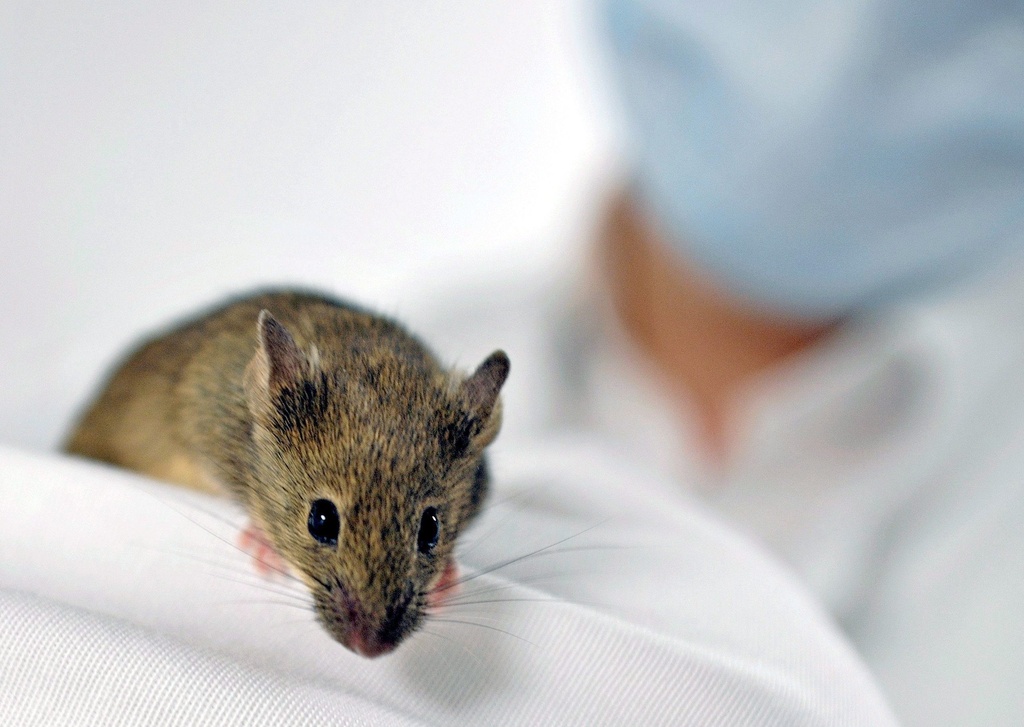
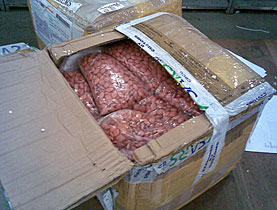
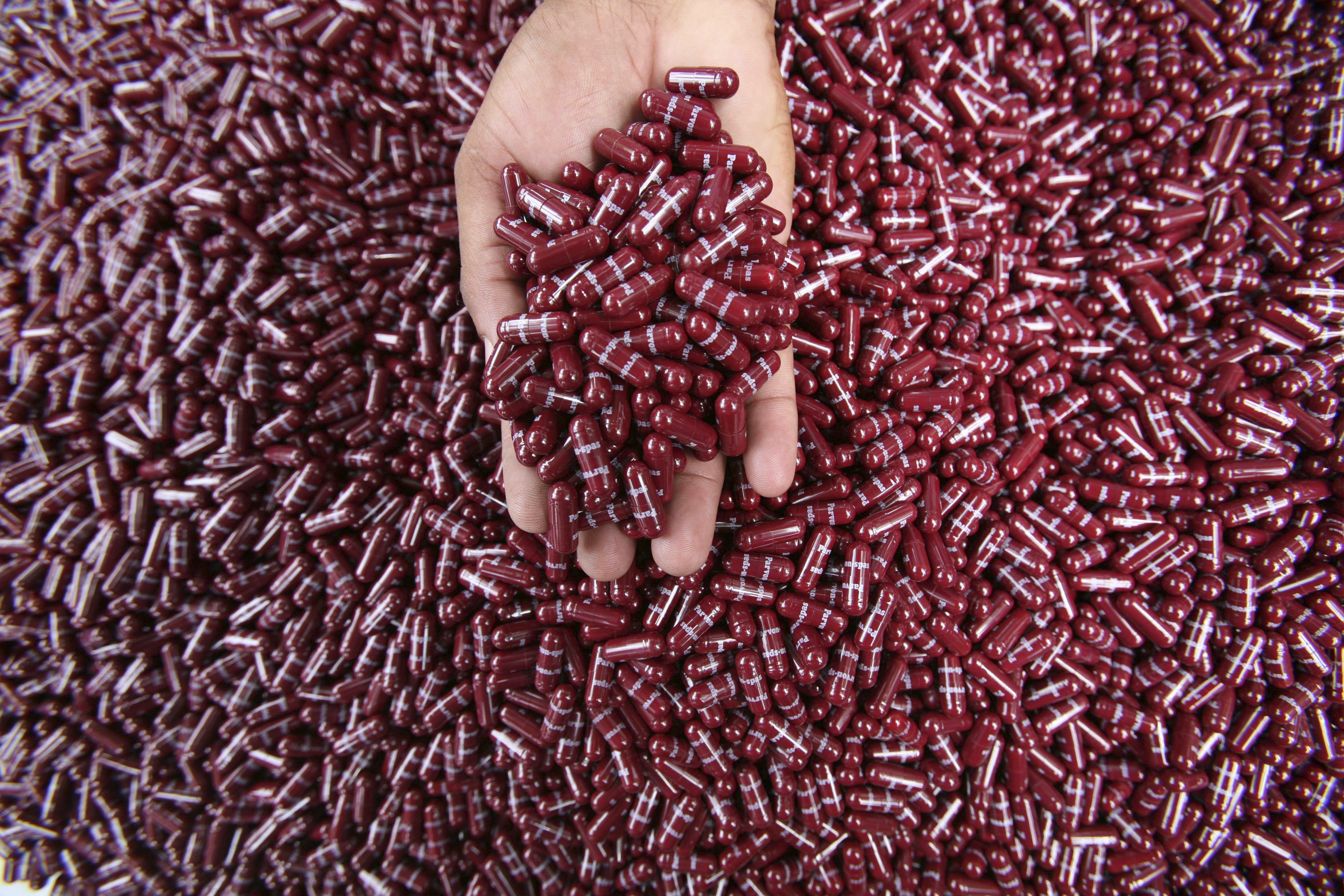
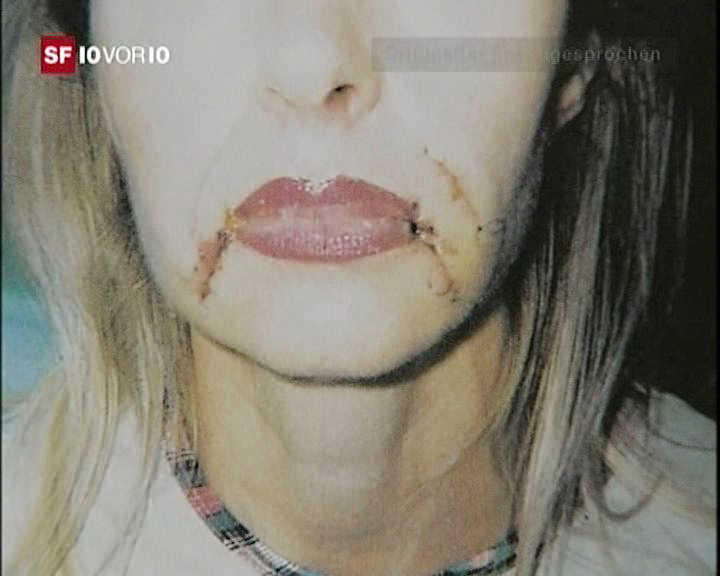
You can find an overview of ongoing debates with our journalists here. Please join us!
If you want to start a conversation about a topic raised in this article or want to report factual errors, email us at english@swissinfo.ch.